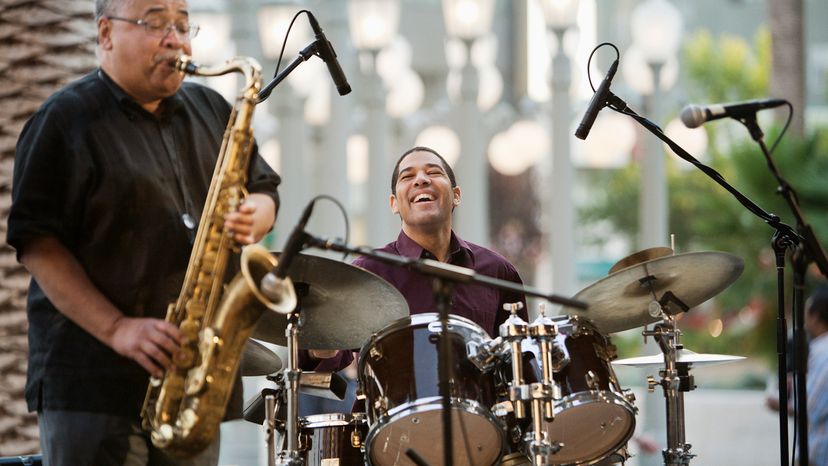
Ever been in a situation where you didn't have a set plan and just had to figure things out as you went along? That's when you might decide to "play it by ear."
This expression is all about flexibility and making decisions based on what you observe rather than a strict plan. It's a bit like playing a musical instrument without sheet music, relying on the ability to follow the flow of the music instead of sticking to notes on a page.
Advertisement
The phrase "play it by ear" encourages us to adapt and improvise as needed. Whether you're navigating a social event or working on a project, sometimes the best strategy is to go with the flow and respond to what you hear and see in the moment.
So, what does this phrase mean, and how did it become part of our language?
Advertisement